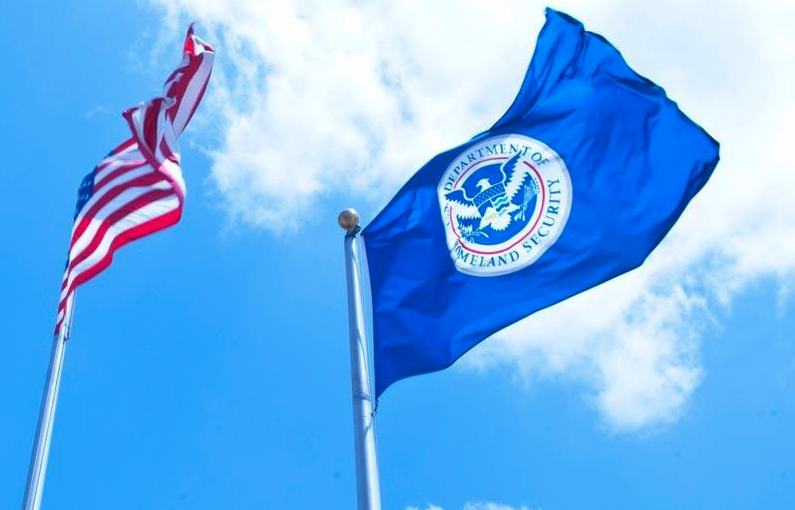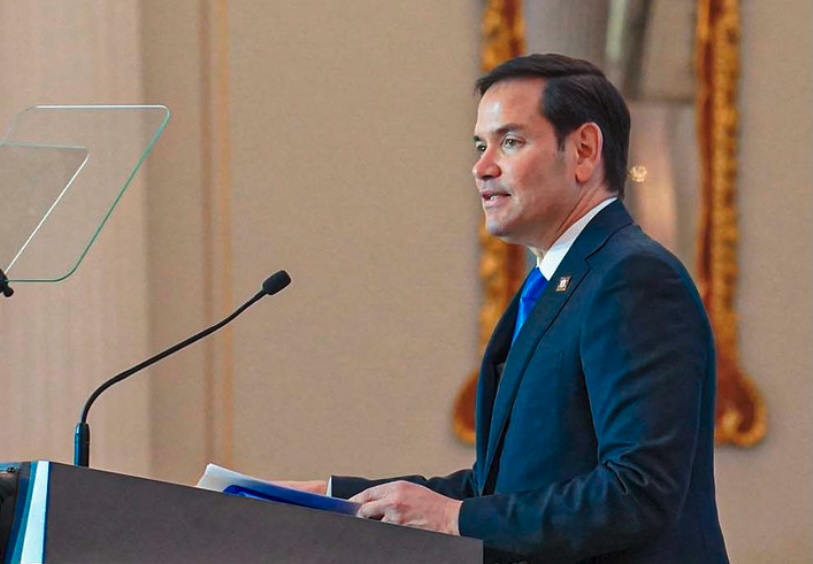The lawsuit was over allocations of Colorado River water.
The Supreme Court has dismissed the lawsuit filed by the Navajo Nation against the U.S. government, Arizona, Utah, and New Mexico regarding Colorado River water allotments. The tribe asserted that the federal government was obliged under treaty to create a water plan.
Justice Brett Kavanaugh wrote for the slim majority, “Nothing in the 1868 treaty establishes a conventional trust relationship with respect to water. And it is unsurprising that a treaty enacted in 1868 did not provide for all of the Navajos’ current water needs 155 years later.”
He noted that Congress and the executive branch have a constitutional responsibility to “update federal law as they see fit in light of the competing contemporary needs for water.”
Neil Gorsuch wrote the dissenting opinion, “The promise of a permanent home necessarily implies certain benefits for the Tribe (and certain responsibilities for the United States). One set of those benefits and responsibilities concerns water. This Court long ago recognized as much in Winters v. United States.“
As the Lord Leads, Pray with Us…
- For the justices of the Supreme Court as they determine what responsibilities belong to the other branches of government.
- For the leaders of the Navajo Nation as they seek to ensure adequate water from the diminished Colorado River Basin.
- For the president and members of Congress as they evaluate water conservation and allotment in the West.
Sources: SCOTUS Blog, Washington Examiner









